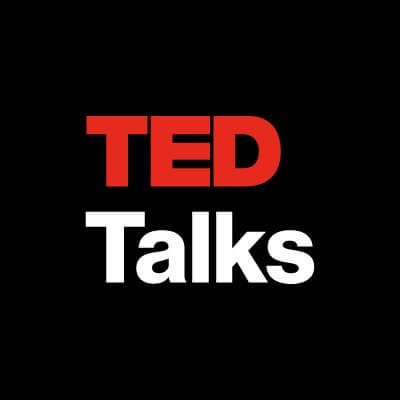Trump Just Delayed the TikTok Ban (Again)
TikTok lives to scroll on another day.

Good news for TikTok fans: the ban won't be banned on Saturday.
On Friday, President Trump announced on Truth Social his intentions to sign an executive order to "keep TikTok up and running for an additional 75 days." That gives the government and TikTok until June 18 to find a buyer, or else kick the can down the rode another time.
This is the second time Trump has delayed the effects of the so-called TikTok ban—officially known as the Protecting Americans from Foreign Adversary Controlled Applications Act. That act required TikTok's parent company, ByteDance, to find a United States-based buyer, or else face a ban in the country entirely. ByteDance did not sell, and, as such, the app went dark in the U.S. shortly before the deadline. TikTok brought its services back online the next day, following assurances from Trump that the company would not face repercussions for doing so.
In fact, Trump signed an executive order on the first day of his second term to delay the ban for 75 days. Since then, various companies, including Amazon, Oracle, and even Mr. Beast, have discussed buying TikTok in accordance with the law. But as no company has made an official deal with ByteDance, the company faced an April 5 deadline—without Trump's extension, it would have been banned again.
To be clear, it's not evident that Trump even has the legal authority to delay the ban. The act was passed by Congress, signed into law by President Biden, then affirmed by the Supreme Court. Presidents typically cannot defy the other branches of government and ignore laws they do not like. However, Trump's Justice Department is not enforcing the law, so here we are.
In his announcement, Trump said his administration was working with China (where TikTok's parent company ByteDance is located) in good faith, acknowledging the country is not happy with Trump's "reciprocal tariffs." The Trump administration's unexpectedly extreme tariffs have sent shockwaves through the global economy, triggering reciprocal tariffs from countries around the world—including China. It isn't clear how the current tariff situation will affect TikTok negotiations down the line.












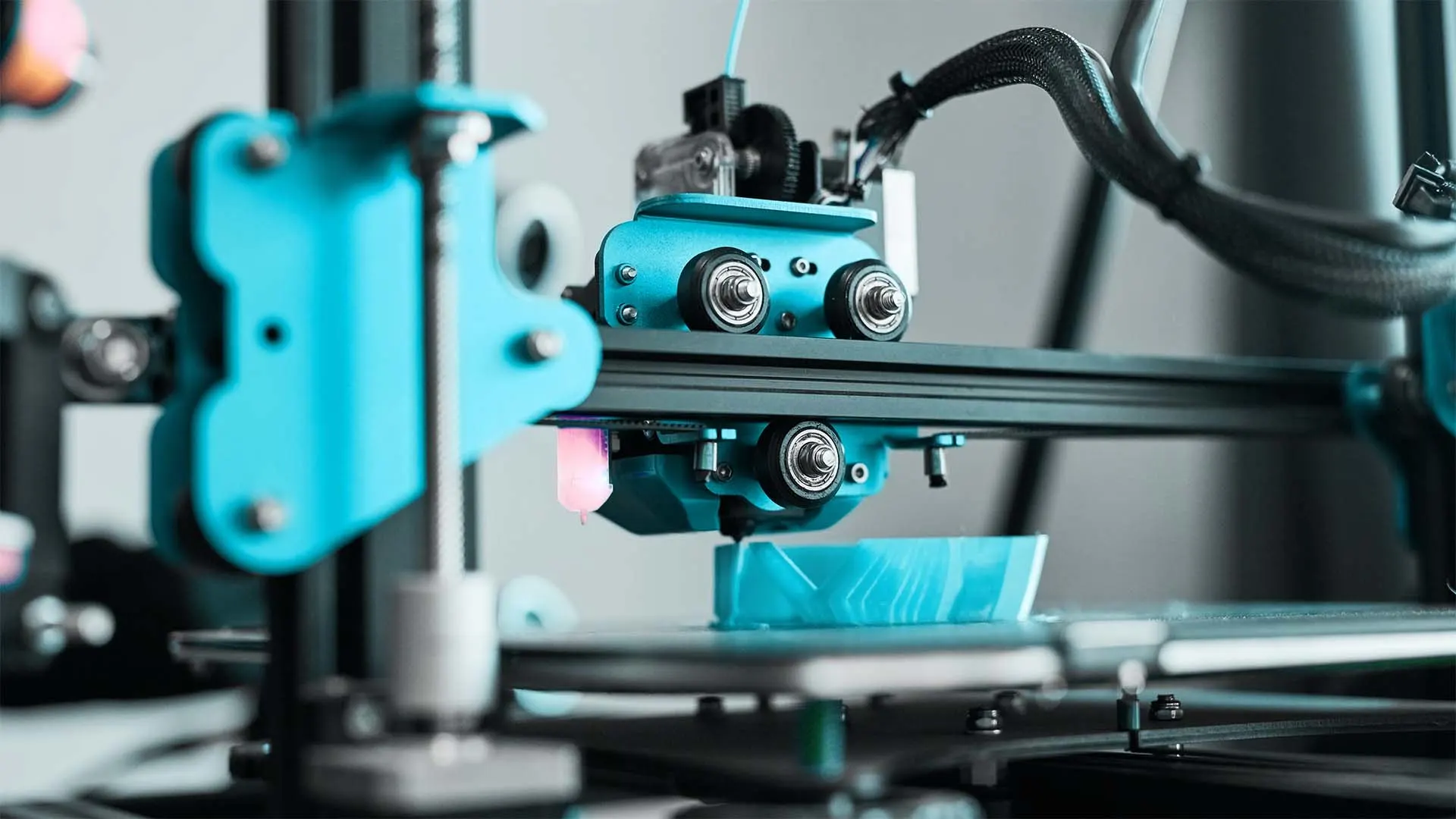
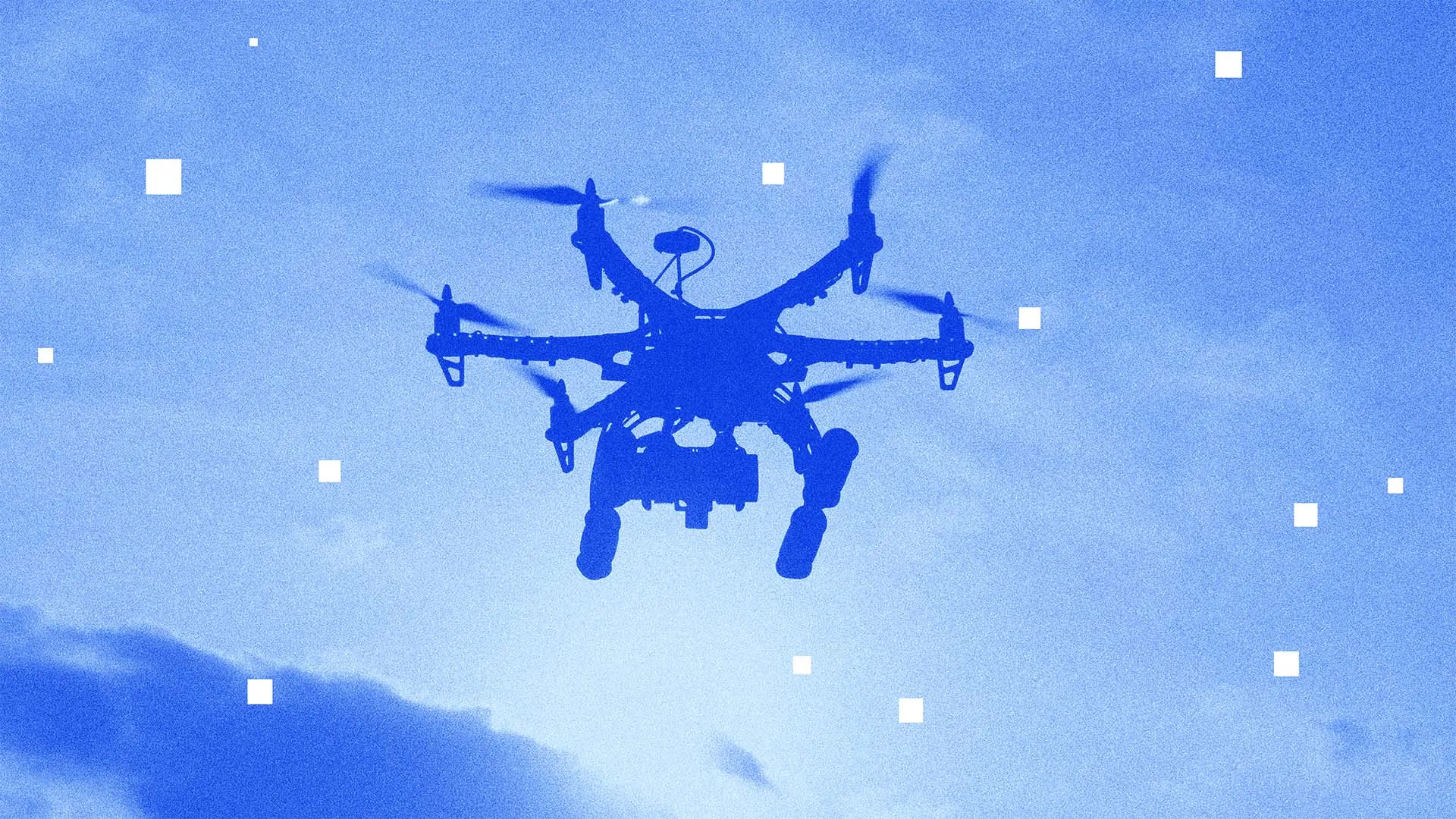
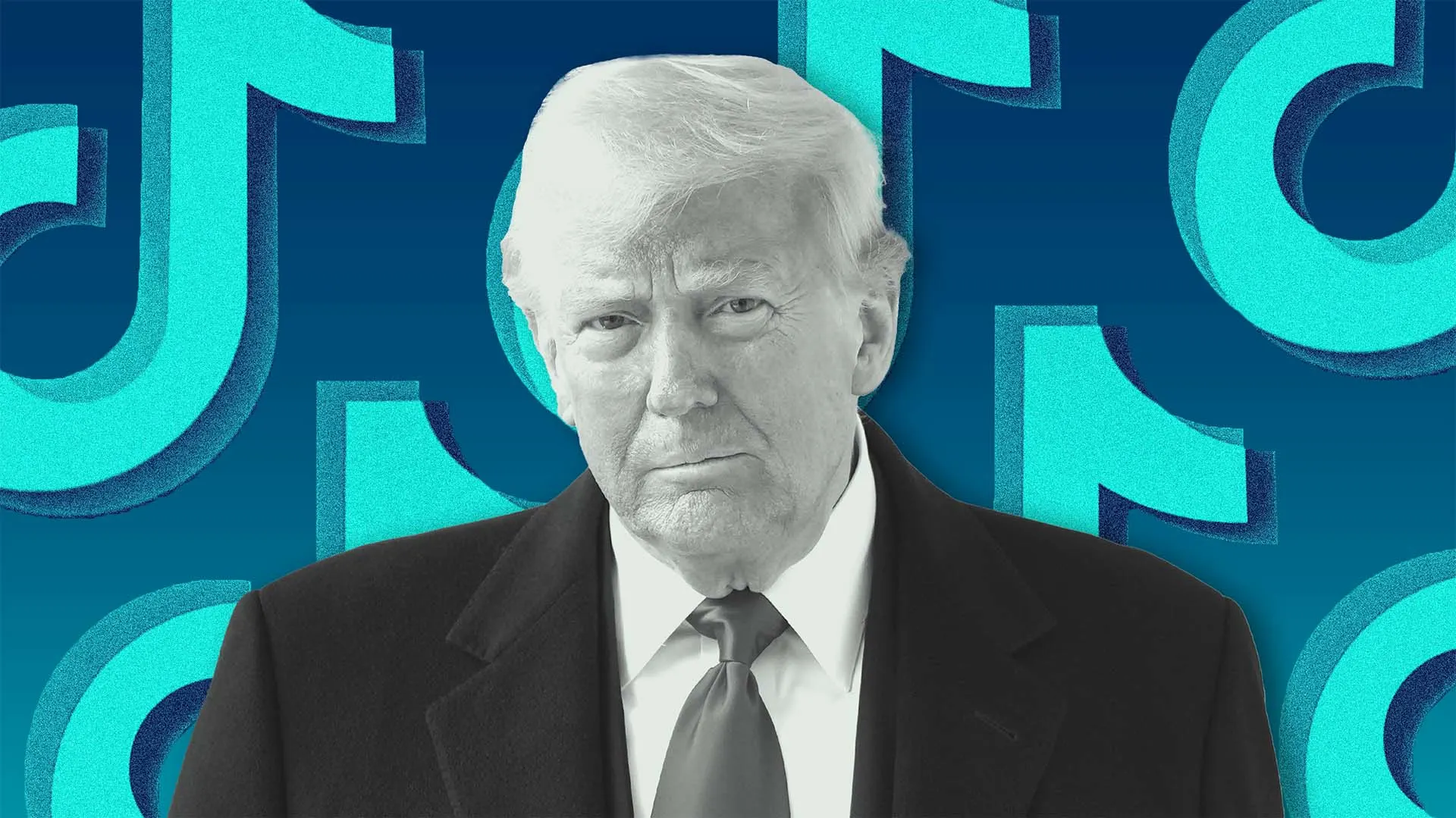























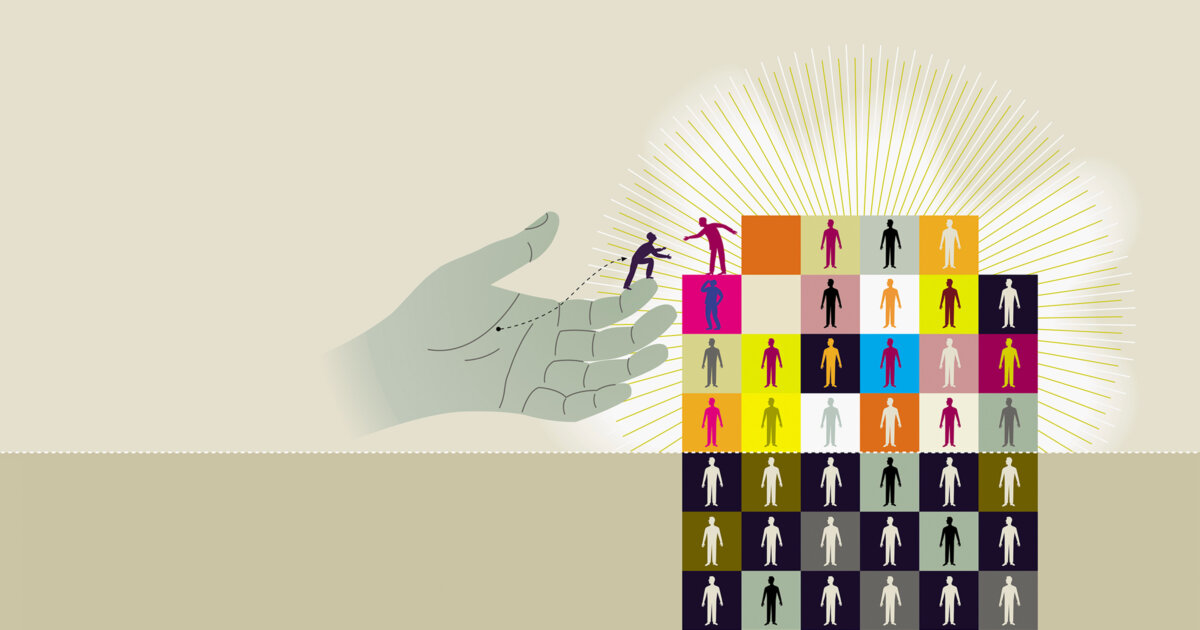
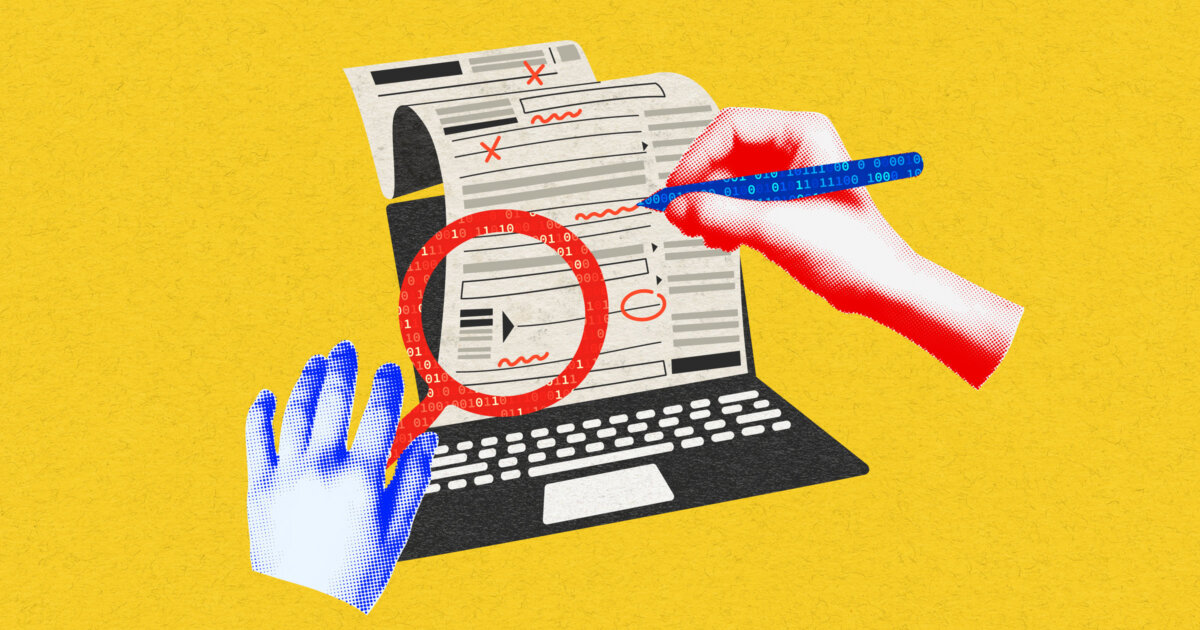



























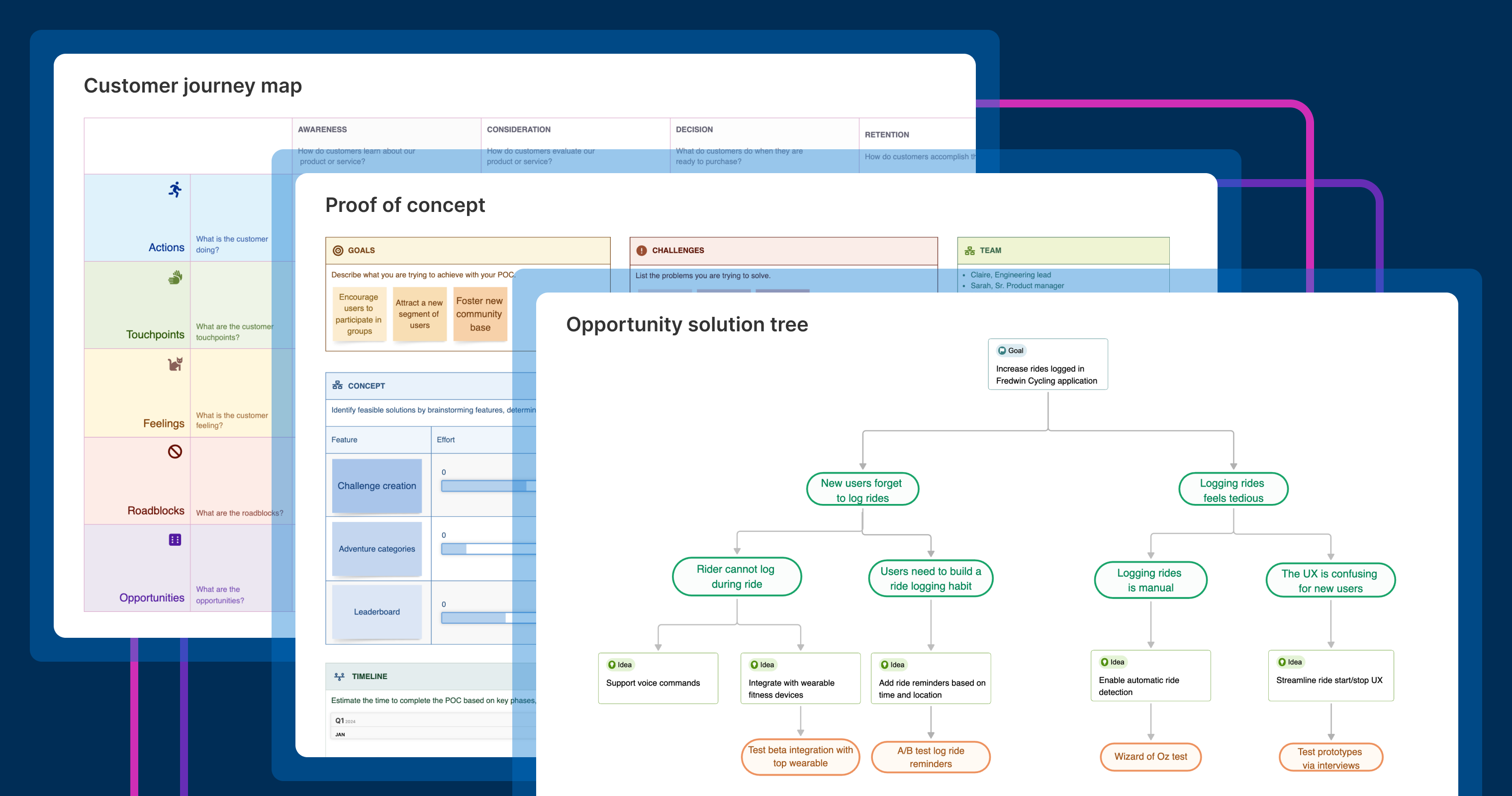
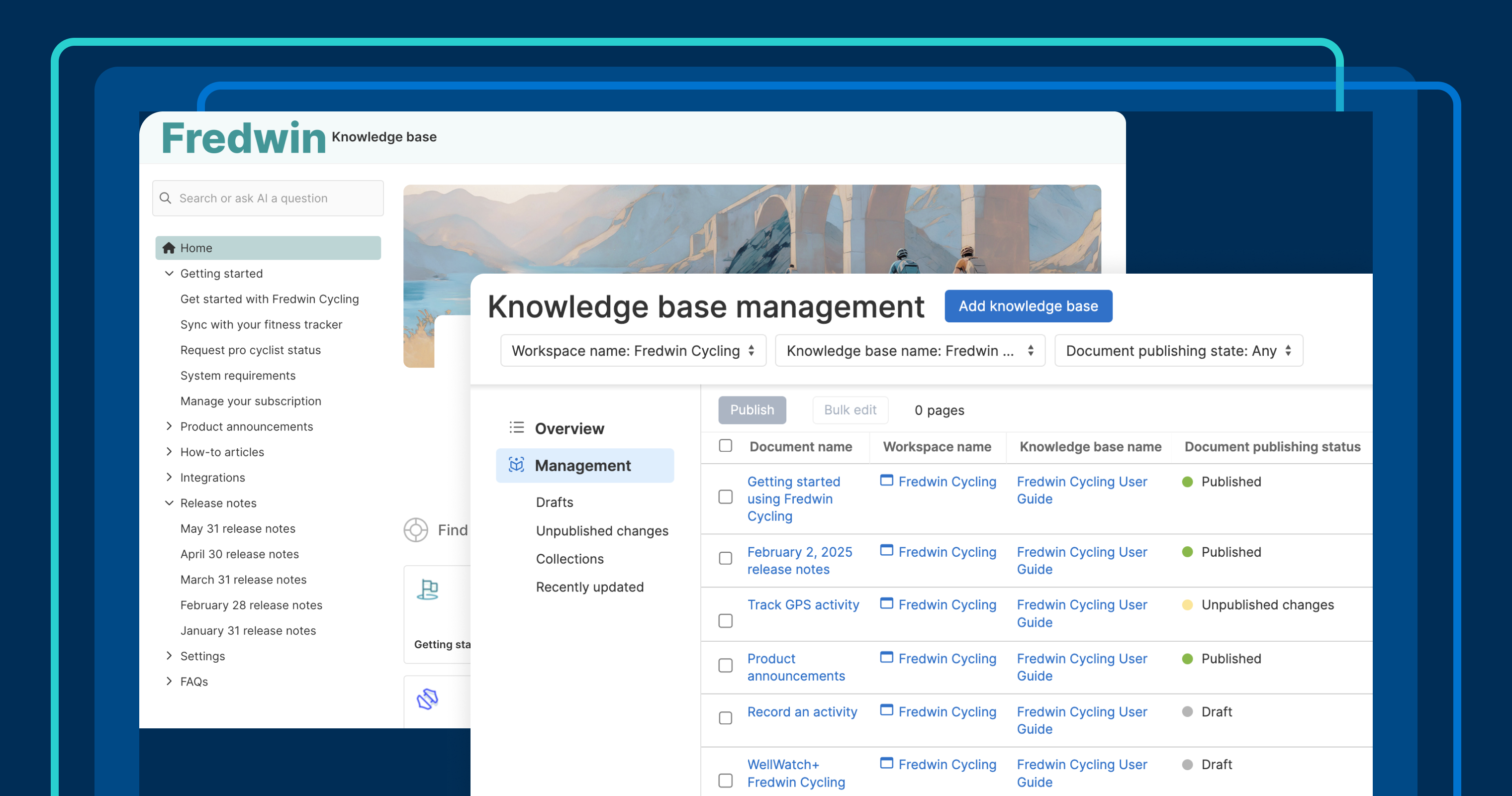
























![Building A Digital PR Strategy: 10 Essential Steps for Beginners [With Examples]](https://buzzsumo.com/wp-content/uploads/2023/09/Building-A-Digital-PR-Strategy-10-Essential-Steps-for-Beginners-With-Examples-bblog-masthead.jpg)



![How One Brand Solved the Marketing Attribution Puzzle [Video]](https://contentmarketinginstitute.com/wp-content/uploads/2025/03/marketing-attribution-model-600x338.png?#)






![How to Use GA4 to Track Social Media Traffic: 6 Questions, Answers and Insights [VIDEO]](https://www.orbitmedia.com/wp-content/uploads/2023/06/ab-testing.png)















